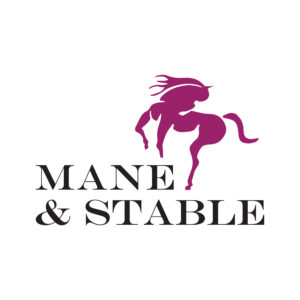Horses are majestic creatures that require proper care and maintenance to ensure their well-being and longevity. Whether you are a new horse owner or an experienced equestrian, it’s important to stay updated on the best practices for horse maintenance. In this blog post, we will discuss some essential tips to help you maintain your horse’s health and happiness.
- Nutrition: A balanced diet is crucial for a horse’s overall health. Provide your horse with high-quality forage, such as hay or pasture, and complement it with a suitable grain feed if necessary. Consult with a veterinarian or equine nutritionist to determine the right feed for your horse based on their age, weight, and activity level.
- Regular Exercise: Horses are naturally active animals and need regular exercise to stay fit and mentally stimulated. Develop a routine that includes both riding and turnout time in a spacious paddock or pasture. Exercise helps prevent obesity, strengthens muscles, and promotes good circulation.
- Grooming: Regular grooming sessions not only keep your horse looking beautiful but also promote a healthy coat and skin. Brush your horse’s coat to remove dirt, debris, and loose hair. Clean their hooves daily to prevent infections. Additionally, inspect your horse for any signs of skin irritations, wounds, or parasites.
- Dental Care: Dental health is vital for a horse’s overall well-being. Schedule regular dental check-ups and floating, which is the process of filing down sharp edges on their teeth. This helps prevent issues like uneven wear, discomfort, and difficulty in chewing or maintaining weight.
- Hoof Care: Proper hoof care is essential for a horse’s soundness. Schedule regular visits from a farrier to trim and balance your horse’s hooves. Regular hoof maintenance helps prevent lameness, hoof cracks, and other related issues. Additionally, keep the stables and turnout areas clean to minimize the risk of hoof infections.
- Vaccinations and Deworming: Follow a recommended vaccination schedule provided by your veterinarian to protect your horse against common diseases. Also, establish a deworming program to control internal parasites. Regular fecal examinations can help determine the appropriate deworming protocol for your horse.
- Regular Health Check-ups: Schedule routine veterinary visits to monitor your horse’s overall health. During these visits, your veterinarian can perform a thorough examination, administer vaccinations, update dental work, and discuss any concerns you may have.
Remember, horse maintenance requires dedication and consistent effort. Your horse’s well-being should always be a priority, and establishing a strong partnership with a trusted veterinarian and other equine professionals will go a long way in ensuring your horse’s health and happiness.
